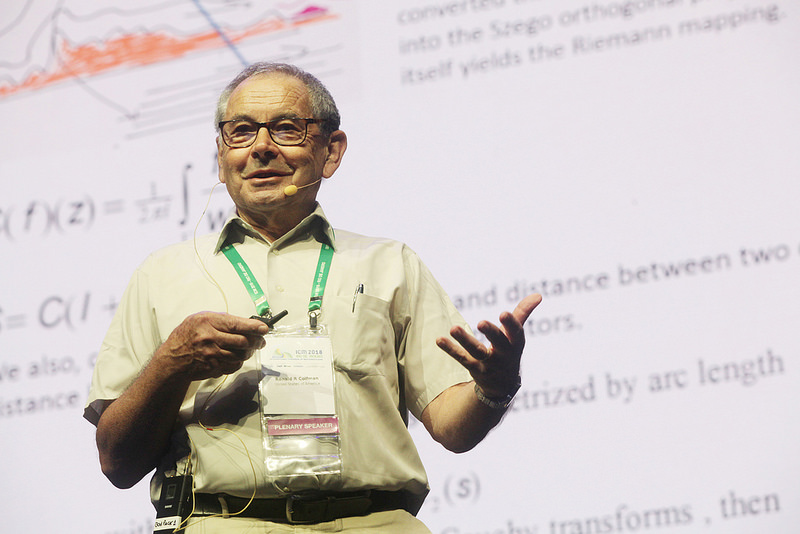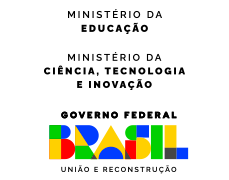Coifman hopes better analysis will bring big data harmony

Described by colleagues as a giant in his field, Professor Ronald Coifman addressed an eager audience this morning at the 2018 International Congress of Mathematicians. “My goal today is to describe the delusion of harmonic analysis from its inception,” he told the crowd in his opening comments.
Coifman, who is the Philips Professor of Mathematics at Yale, broke down how recent developments in harmonic analysis generates analytic tools for the joint organization of geometry of Rn subsets, as well as for the analysis of functions and operators on the subsets.
Read more:
- “I’m more famous now than I would be,” jokes Birkar
- Caucher Birkar’s family celebrate Fields Medal win
- Fields Medal winner Caucher Birkar: “Suddenly I have wings”
Although the research presented involved collaboration from a cohort of other mathematicians, including A. Averbuch, A. Singer and Y. Kevrekidis, among others, Coifman’s contributions have been recognised throughout his much-decorated career. In 1999, he was awarded the National Medal of Science, and he was also the recipient of the 1996 DARPA Sustained Excellence Award, the 1996 Connecticut Science Medal and the 1999 Pioneer Award of the International Society for Industrial and Applied Science. Coifman is not showing any signs of slowing down; he also won the Rolf Schock Prize in Mathematics in recognition of his work on harmonic analysis earlier this year.
Coifman’s research links directly to practical applications in the real world. Along with security expert Mark Gazit and Avir Amerbuch (mathematics professor at Tel Aviv university focused on big data processing and analysis), Coifman founded computer security firm ThetaRay in 2013. ThetaRay was just a year old when it got its first investor, Jerusalem Venture Partners. The firm’s bet on big data paid off, and fast: just months after receiving venture capital investment, ThetaRay could count Israel’s biggest bank Hapoalim and international conglomerate General Electric among its clientele.
Coifman says there is little sense in data collection if it is not intelligently catalogued. “You need to be able to understand very messy complicated observations, so as to recognise whether something is normal or no,” he explained. “So, computer security has issues where you have a lot that could be seen to be abnormal, but they are buried in so many other things that you cannot find them.”
For those beginning a careers in mathematics, Coifman advised people to immerse themselves in the areas that interest them. “Traditionally, mathematicians have certain areas they like and respect, and it’s usually derived by social norms, instead of being derived by needs and interests,” he said. “My advice is not to be close-minded.”


